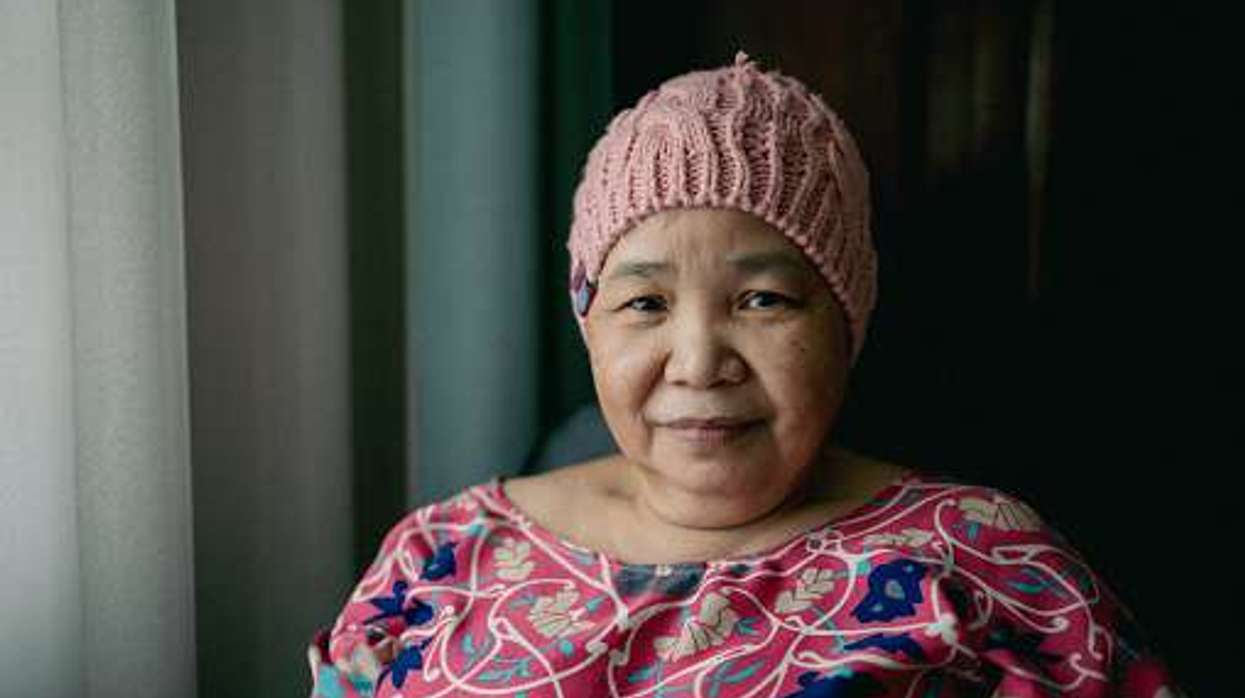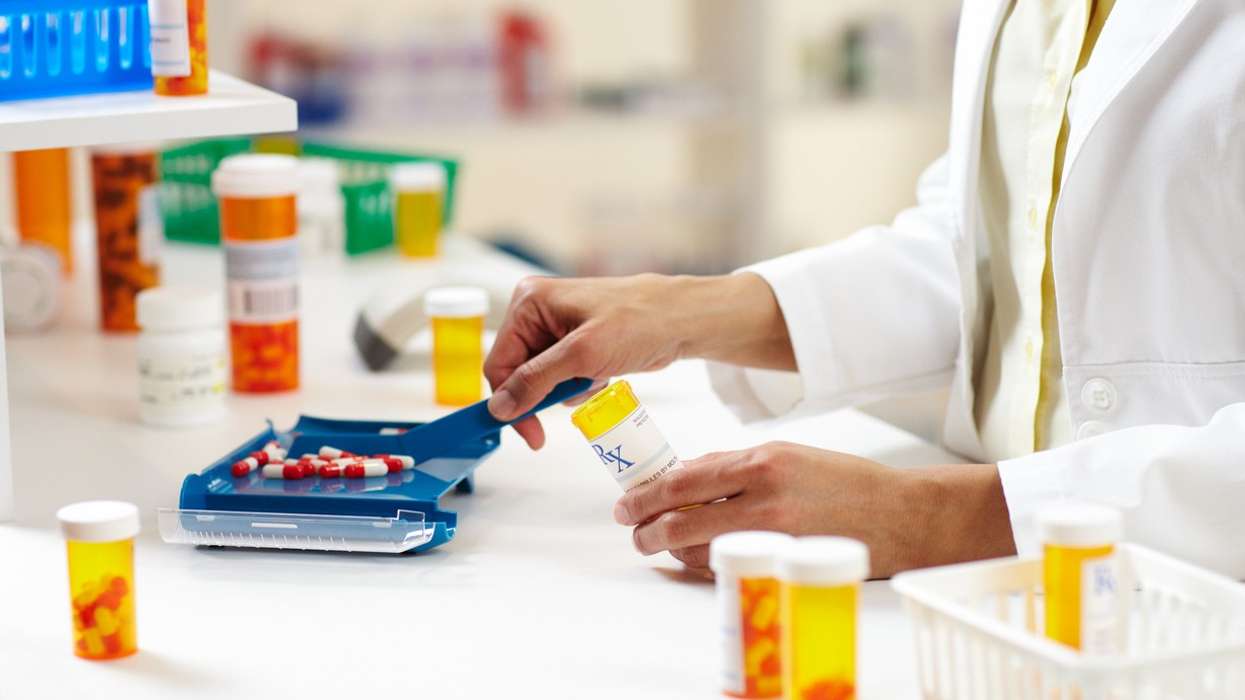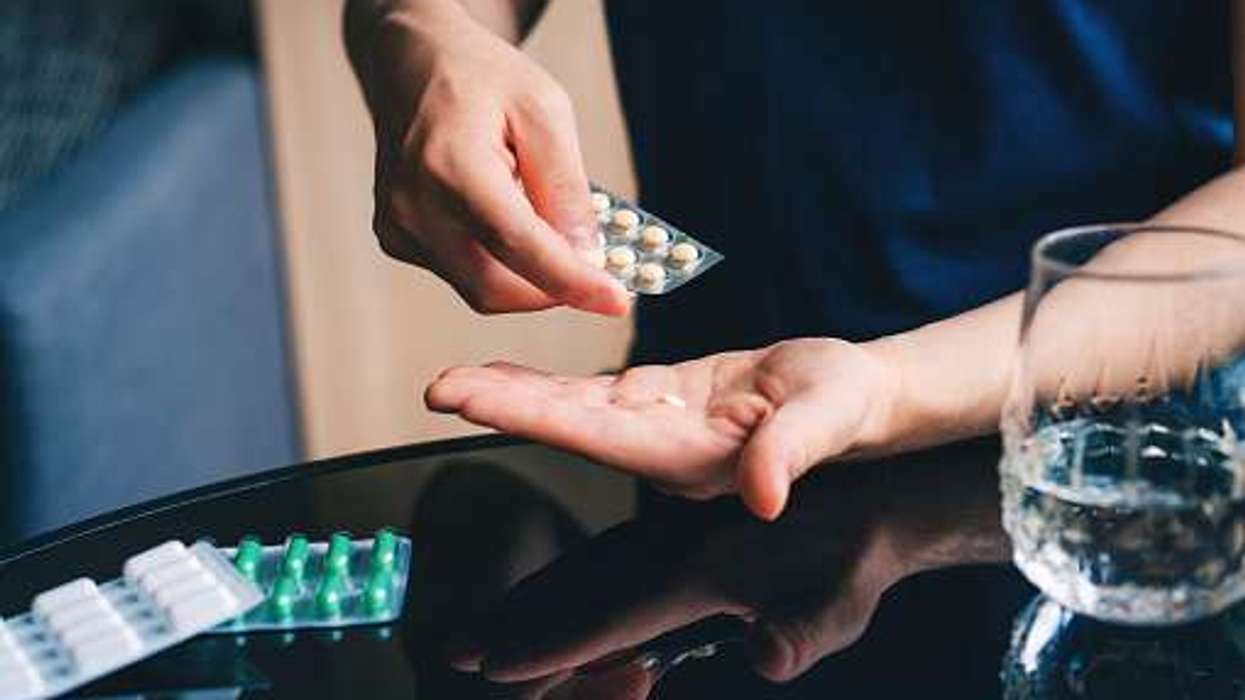Trauma can turn our world upside down, leaving scars that are not always visible. Whether it's a car accident, the loss of a loved one, or a natural disaster, serious trauma can deeply affect our mental health. Coping with such events is crucial not only for our immediate well-being but also for our long-term recovery. In this post, we'll explore six psychological tips to help you deal with the aftermath of a traumatic event. By integrating these strategies into your life, you can begin to heal and find a path forward. Keep on reading to learn more!
Understanding Trauma
What Is Trauma?
Trauma is an emotional response to a distressing event or series of events. These events can overwhelm an individual's ability to cope, leading to feelings of helplessness, disorientation, and intense fear. Trauma is not limited to physical injuries; it can deeply affect emotional and mental health.
How Trauma Affects the Brain
When we experience trauma, our brain goes into survival mode. The amygdala, responsible for detecting threats, becomes overactive. Meanwhile, the prefrontal cortex, which helps with rational thinking, can become underactive. This imbalance can lead to heightened anxiety, flashbacks, and difficulty concentrating.
Physical Repercussions of Trauma
The effects of trauma extend beyond the brain to the body. Chronic stress can lead to physical symptoms such as headaches, fatigue, and gastrointestinal issues. Understanding these impacts is the first step in addressing and managing them effectively.
Psychological Tips for Dealing with Trauma
1. Practice Mindfulness
Mindfulness involves being fully present in the moment and acknowledging your thoughts and feelings without judgment. This practice can help reduce the overwhelming nature of traumatic memories and anxiety. Simple mindfulness exercises like deep breathing or guided meditation can make a significant difference.
2. Seek Social Support
Connecting with others is vital when dealing with trauma. Sharing your experiences with trusted friends or family members can provide emotional relief and reduce feelings of isolation. Support groups, both online and offline, can also offer a sense of community and shared understanding.
3. Engage in Positive Self-Talk
The way you talk to yourself matters. Replace negative thoughts with positive affirmations. Instead of saying, "I'll never get through this," try, "I'm strong and capable of healing." This shift in mindset can foster resilience and promote a healthier mental state.
4. Professional Therapy
Sometimes, the weight of trauma is too heavy to carry alone. Professional therapists, particularly those specializing in trauma, can offer invaluable support. Cognitive-behavioral therapy (CBT) and Eye Movement Desensitization and Reprocessing (EMDR) are effective treatments that can help reframe traumatic memories and reduce their impact. Also, if it's some PTSD you battle with from unresolved trauma, finding the right therapist can assist you in finding the way and being on the road to recovery. That way, you may find yourself in a much better place when it comes to dealing with it.
5. Create a Routine
Establishing a daily routine can bring a sense of normalcy and stability back into your life. Simple activities like exercising, eating regular meals, and maintaining sleep hygiene can provide a structured environment that aids in recovery.
6. Engage in Creative Outlets
Art, music, writing, and other creative pursuits can be therapeutic. These activities allow you to express and process your emotions in a non-verbal way, offering relief and a sense of accomplishment. Creativity can be a powerful tool for healing.
The Road to Recovery
Healing Is Not Linear
Recovery from trauma is a gradual process, often marked by ups and downs. It's important to remember that setbacks are a natural part of healing and do not signify failure. Patience with yourself and the process is crucial.
Persistence Pays Off
Consistency in applying these psychological tips is key. Regular practice of mindfulness, positive self-talk, and engagement in social activities can gradually lessen the grip of trauma. Persistence in seeking professional help and sticking to a routine also plays a vital role.
Celebrating Small Victories
Acknowledge and celebrate your progress, no matter how small it may seem. Each step forward, whether it's a day without flashbacks or successfully navigating a social situation, is a victory worth recognizing.
Trauma can be a heavy burden, but with the right strategies, it is possible to find a path toward healing. By understanding the impact of trauma on your mental and physical health, and by incorporating mindfulness, social support, positive self-talk, professional therapy, routine, and creative outlets into your life, you can take significant steps in your recovery.
Remember, healing is a journey that requires time and effort. Be patient with yourself and celebrate every small victory along the way. If you're struggling, don't hesitate to seek the support of a professional therapist. Your path to healing is unique, and with persistence and the right tools, you can overcome the challenges trauma presents.













